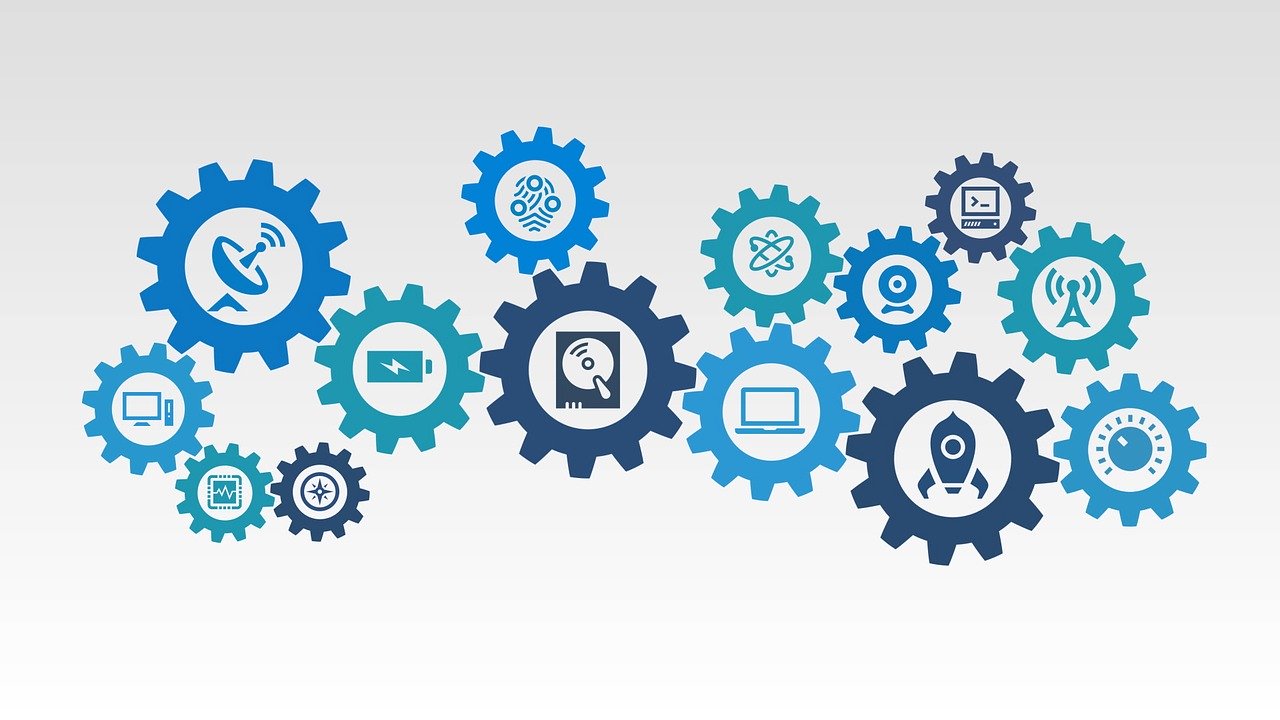As humans we are unconsciously biased in many aspects of our lives. It isn’t until it starts to affect businesses and society that it becomes an issue. There is a current bias that is affecting the tech industry which is a contributing factor towards the current gender gap. Not only this but women are still being underpaid compared to their male colleagues and there is a constant worry that women will be forgotten after leaving for maternity leave. Additionally, there is still a lack of minority representation within the tech industry which is yet to be overcome.

The first step to take when trying to prevent unconscious bias from affecting the workplace is by accepting that unconscious bias is real and that it can negatively impact anyone. There are many online resources that you can use to educate yourself on whether an implicit bias might be affecting your own judgement. From this you be will able to identify and highlight areas within your company that may be affected by unconscious bias which you can change.
By not addressing unconscious bias in the tech industry, it can cause severe problems to arise. It’s simple, your company cannot employ a diverse workforce if unconscious bias hasn’t been addressed in your organisation. It is detrimental to a company to hire candidates who fit a one size fits all mould as it can cause a lack of innovation. Additionally, a lack of diverse employees can also prevent an organisation from empathising with others from around the world. Building relationships with clients and customers from around the world can enable an organisation to stay within the market and will allow you to create solutions which are tailored to all.
Unconscious bias can also impact algorithms which are built in the tech industry. If the industry isn’t diverse, then the algorithms which are built will not adapt to diverse ways of thinking. Facial recognition algorithms that have already been designed, have already shown a 35% higher error rate when detecting the gender of darker skinned women as opposed to lighter skinned men. By removing unconscious bias, organisations can provide algorithms with the information needed to be inclusive for everyone.
Unconscious bias is leading to employees feeling personally attacked and insecure in their working environment. This will not only affect their performance but will also impact the company as over time there will be a lack of innovation and a negative environment which no one will want to be a part of. There are a few approaches you can take when trying to tackle unconscious bias in the workplace and when hiring.
Several technical interviews can be aimed towards candidates who work well under pressure and can answer tricky questions about code. However, some developers who get nervous under pressure tend to fail these types of interviews even if they are some of the most brilliant candidates. Therefore, companies should have a variety of interview styles for candidates in order to ensure that everyone has a fair chance of succeeding. Offering candidates to take home coding challenges to complete or pairing programmes are just a few ways you can vary your interview styles.
Asking candidates specific questions during interviews can also help you spot the perfect candidate. For example, “What books would you recommend to someone who has no knowledge of back end development?”. This question will help you to identify the candidate’s technical knowledge without putting them on the spot by asking them a technical problem. The main point to take away from this solution to tackling unconscious bias, is that you should prepare alternative questions to help candidates showcase their best work when being interviewed so everyone has a fair chance at succeeding.
Tackling unconscious bias will enable you to hire more diverse employees and it is important that they feel included in the company. Making changes towards inclusion is a great way to encourage more women into technology. It is a great way of allowing them to make connections across the company so that they don’t feel alone. Interest and resource groups allow for employees of diverse backgrounds and demographics to connect on a personal level, which in return can deliver a better working environment and employee happiness.
Creating an inclusive working environment and company culture is another way you can tackle unconscious bias. Establishing an acceptable level of communication and behaviour in the workplace is a great way of creating more meaningful and trustworthy relationships with your employees. Reiterating points that are discussed during meetings and implementing suggested changes will help you to earn the trust of your employees and in return it will make them feel more included. Regardless of demographic, every employee should be treated the same. Ensuring that company policies about company culture are known throughout the office will help implement a positive working environment and help prevent unconscious bias.